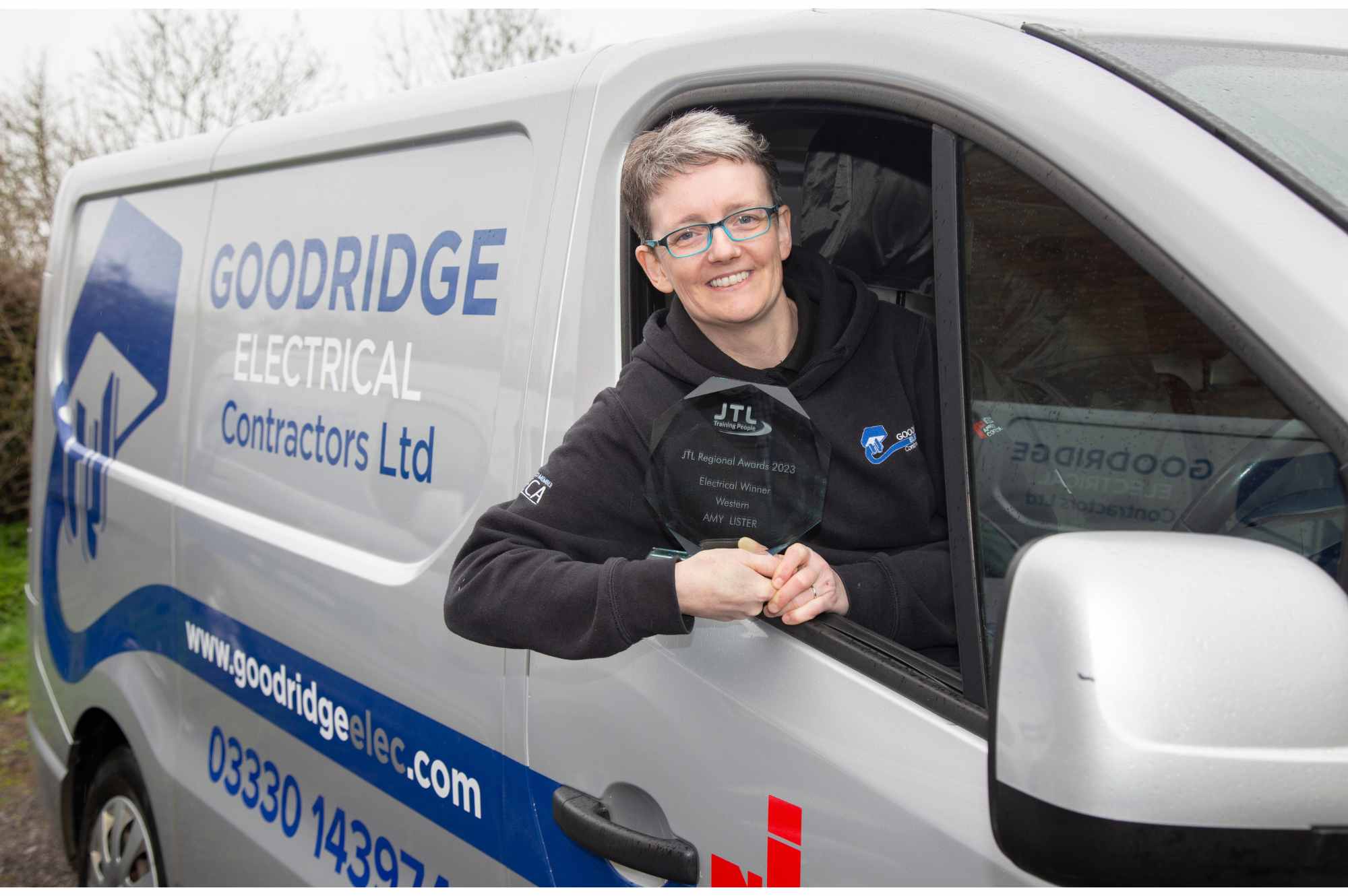Creating a great CV shows off what you do best!
Think about what makes you right for the industry too – do you like using hand tools? Help a family member to repair their car/ motorcycle? Completed a work placement in a similar environment? Used to being outdoors? All these things can be helpful to show a future employer that you know what you are getting yourself into.
There are some things you’ll need to put your CV together:
- A computer. If you don’t have one, go to your local library or use a computer at school/ a friends/ family member
- GCSE (or Functional Skills) and A-level results, with the dates you passed (you will need these certificates to evidence your English and maths qualifications – so have them ready or order replacements if you can’t find them).
- Work experience details. What did you do while you were there? Did you get a reference from the company?
- References. From an employer, a teacher, a friend or member of your family.
- Lots of research. Get to know the company you’re applying to. Then you can tailor your CV to them.
Providing references to an employer
A prospective employer may ask you to provide a reference. A reference is someone the employer can approach to ask for an opinion on your suitability for the job. This will usually be your last or current employer.
Make sure anyone you choose as a reference is happy for you to share their information.
When giving reference details, make sure you include the person’s name and job title, how they know you and their contact details (telephone, email address).
If you don’t have a previous employer or would prefer not to use them. Other appropriate references include:
- a teacher or college tutor who knows you well
- a team leader from a volunteering group, a society or sports team
- a faith leader from your place of worship
Remember to take a look at your friends’ and family’s CVs. They’ll give you a good idea of how yours could look. Also, remember:
- Tell the truth. Don’t lie about what you’ve done. They’ll know at your interview.
- Keep your CV short. It should be no longer than two pages, maximum.
- Make it smart. Black print, white paper, using a legible font like Arial (size 12).
- Be logical. Start with your name and address. Then school and qualifications. Then write about any work experience.
- Proof read it. Make sure your spelling is spot on and that everything makes sense.
If you need more help, check out these websites:-
- BBC Advice
- Guardian Advice
- National Apprenticeship Service
- Careers Wales
- Direct.gov.uk
- DFES
- Yell.com
- Thomson Local
- ECA
- APHC
- BESA
- Unite the Union


